I first covered this topic in a talk at Sheffield DM #28 in February 2024. Stepping from the stage to the afterparty, I was greeted by multiple flowing conversations from brands and SEO professionals about how they could realistically implement the principles of E-E-A-T on their websites.
What I realised was this: that people get E-E-A-T, in principle. They really do. But they don’t get how to do E-E-A-T. Or at least deliver it well.
After all, how do you, as a marketing professional, showcase expertise on a topic you personally might know nothing about?
In this guide, I’m going to run through the reasons why your clients (or your internal teams, if you work in-house) are the best goldmine of untapped expertise you could imagine.
We’ll run through how to dig deep to uncover your teams’ knowledge and how to transform this know-how into bars of SEO gold.
But before we dive in, it’s time for a quick recap…
Recap: What is E-E-A-T?
One of the core principles of SEO, E-E-A-T stands for experience, expertise, authoritativeness and trustworthiness. Google’s human quality raters use these principles to assess the quality of the pages that Google’s ranking systems are serving to users.
These quality raters complete search quality tests to ensure that the SERPs are providing the most relevant and helpful information, satisfying user intent every step of the way. E-E-A-T is just one part of Google’s Quality Rater Guidelines, but has been growing in importance with recent Google updates, including the Helpful Content Update and the March 2024 Core Update.
These updates have highlighted the importance of providing genuinely helpful content and unique insight, which is provided by an SEO strategy with E-E-A-T at its core.
Broken down further, the four elements of E-E-A-T highlight the importance of showcasing:
Experience – What first-hand knowledge does an author or brand have of a particular product, service or topic? Are review blogs being written by people with direct experience of a product, for example?
Expertise – What are the credentials of the author or brand? Do they have the necessary education, qualifications or skills required to be considered an authority?
Authoritativeness – What pre-existing reputation does the author or brand have? What do other websites, the public or other authoritative sources say about them?
Trustworthiness – Does the site appear reliable? Does the content seem unbiased, accurate and honest?
And while E-E-A-T isn’t a ranking factor, it is central to any viable SEO strategy – and not something brands can afford to ignore anymore.

E-E-A-T isn’t just an SEO’s problem
As much as E-E-A-T is a core principle of SEO, it needs to permeate every channel of your marketing strategy in order to be a true success. Google’s Quality Rater Guidelines highlight the importance of both on and off-page signals for E-E-A-T.
Your social teams can boost authority by getting your brand seen across the internet.
Your email marketing teams can harness the real-life experience of your customers by encouraging them to leave a review.
Your brand and PR teams can monitor online sentiment and establish trust in your brand while increasing authority and reach by placing you directly in front of your audience.
E-E-A-T shouldn’t be a solo effort.
Dipping into the skillsets of different teams is what will set your E-E-A-T strategy apart from your competitors.
Why internal expertise is important to your E-E-A-T strategy
So, we’ve covered the easy bit.
We know what E-E-A-T is, and we understand that it should be central to your organic strategy.
But how do you showcase that expertise – particularly if you’re an agency or a one-person marketing team?
Well, I’ve got a couple of truths for you.
You are not an expert (at everything).
Your content team can’t magic expertise out of thin air.
Copying (or even bettering) what’s already on Google does not equal expertise.
Therefore, leaning on internal teams is non-negotiable. You need your clients (or your internal teams, if you work in-house) to provide that expertise that you and your immediate team will probably never have.
These internal teams will have more years of experience, qualifications you’ve never heard of, and will be on the cutting edge of industry trends. There’ll be buying teams, product experts and customer service teams with plenty of insight to share.
Not using that expertise for your marketing strategy is a little bit like trying to write your content blindfolded.

Do people not already use internal expertise for SEO strategies?
I recently ran a survey on Twitter, asking agency-side SEOs the question: “For an average client, how many people within that company have you ever had direct contact with?”
82% of people said the number was three people or less.
In companies with hundreds of talented employees, the overwhelming majority of SEOs are turning a blind eye to this expertise.
This presents a huge missed opportunity – think of all the insight you might not be hearing because of this!
How to harness expertise for your E-E-A-T strategy: top tips
Tip #1: Talk. To. People
In every line of work, communication is key – and it’s no different with SEO.
The experts in your company aren’t going to magically appear at your desk and share with you all of their years of knowledge. They need to know all about E-E-A-T, why their insight might be valuable, and what impact it could have on the company. This is where a company-wide “introduction to SEO” training session can be really helpful.
Once you’ve got people on board, you must ask the right questions. Invite product experts along for an open interview covering everything that’s important to them and their team. Some questions I like to ask include:
- Explain to me X product/service as if I were an alien who’d just landed on planet Earth.
- What would you love customers to know about X that you don’t think is getting through already?
- What are our wider goals for X product/service or the company as a whole for this year?
- Do we have any wider marketing campaigns that we can support on?
- What do you love about the site as it is? What do you absolutely hate?
- What competitors do you think are doing really well at the moment? Why?
- Are there any trending topics in our industry that I might not be aware of? What’s got you excited lately?
- What are our biggest challenges to growth at the moment? Is it competitors/ demand/the overall site?
I recently carried out this exact interview with a product specialist at a client company in a very niche, commercial industry I’m completely unfamiliar with.
I came away from that interview with a whole new understanding of the niche, as well as ideas for blogs, digital PR campaigns and new service pages.
I’ve also got that expert really invested in our SEO strategy and excited to contribute again.
Tip #2: Customer service teams are an SEO’s best friend
SEO professionals can often feel far removed from the journeys of actual users. This is why it’s vital to have the input of those teams who do have direct contact with customers.
This is the kind of expertise you can’t find on Google (the best kind) and a great way of demonstrating E-E-A-T on eCommerce sites.
Again, sit down with your customer service teams and work out what customers have to say.
- What questions/feedback is coming up again and again?
- What comments are we repeatedly getting on social media?
- How can we address these before they even arise?
This will help you to identify new ideas and trending topic, even if they have no search volume yet. Answering every possible question a user could have will give a real boost to the overall user journey.
And best of all – you’re providing genuinely helpful content that answers real problems for real users. Not just content created for the sake of it.
Tip #3: Specialist authors for specialist content.
Your content team are great – I promise.
But they’re not always going to be best-placed to showcase the expertise of your whole company (or multiple companies if you work in an agency).
Providing genuinely helpful content that demonstrates every element of E-E-A-T requires unique insight backed up by genuine expertise.
Think of your content team’s job as collecting internal expertise and packaging it up into high-quality content. There’ll be some editing needed, of course, but specialist content requires specialist authors, with expertise that you can’t just glean from Google or ChatGPT.
This will, naturally, look different in different companies. SMEs are unlikely to have the resources required to provide you with a regular stream of expertly written content. In this case, tailor this workflow to fit your client or your company. It could look like:
- Internal experts suggesting blog topics for SEO teams to write;
- SEO teams writing the bulk of content and asking experts to fill in the gaps;
- Internal experts providing quotes to feed into each article;
- One brainstorming session a quarter on trending topics and gathering insight on technical topics.
I’ve even had voice messages from clients explaining specialist topics to me – whatever works best for your current workflow.
But you need that expert input to set your content apart from the rest of the pack.
Take these blogs from a client site, for example.

These blogs were written by genuine experts, who are perfectly placed to offer unique insight. Pavement engineer, concrete technologist, 13 years experience – all of these qualities simply cannot be replicated by an SEO team (or ChatGPT). Having this insight on board allows you to offer unique, genuinely helpful insight that isn’t seen anywhere else on the internet.
Tip #4: Turn your clients into celebrities
We mentioned before that Google’s Quality Rater Guidelines highlights the importance of off-page signals, as well as on-page SEO, when assessing E-E-A-T.
This is where digital PR comes in.
Digital PR allows you to showcase your expertise to your press (and the wider world). More and more, we’re seeing journalists wanting to know exactly where quotes for their news articles are coming from – what are the credentials behind the person they’re sourcing? Do they have a dedicated author page they can link to?
Choosing the right experts is key here – they need to be genuine authorities, not just someone from your marketing department masquerading as an expert. If you’re not sure who the best person is to attribute a quote to, ask. I guarantee there will be job roles in your client company you’ve never even heard of, with experts perfectly placed to comment on any trending news story.
And tie this all together with your content strategy. Make sure these specialists are the same people who are writing your blog posts – make it as easy as possible for Google’s quality raters to connect the dots of this digital trail.
The importance of digital PR for E-E-A-T cannot be overstated. It might also just make your expert’s day to see their name in the press!
Tip #5: Get your clients to be your internal cheerleaders

Your core client-side contacts are the ones holding the key to this world of expertise and insight. Their help in facilitating product expert interviews and communicating SEO is invaluable.
Together, your job is to make sure as many people in the company know who you are and what you do.
Ask clients to share results and projects in team channels, newsletters and updates. Build up that excitement around SEO internally, letting wider teams know that this is a collaborative project that anyone can support. Oh, and do good work – that shouts about itself.
Encouraging client contacts to share updates on SEO activity means you are always on peoples’ radar. This keeps the ideas flowing – including those ones you might never have thought of.
This enhanced communication also gives you an opportunity to promote SEO and E-E-A-T best practices in every area of the business. This can eliminate any worries about a carefully crafted page title suddenly being rewritten!
It’s time to take E-E-A-T seriously
Businesses can no longer afford to keep burying their heads in the sand, or thinking that a pre-existing reputation is enough to carry them.
E-E-A-T must be demonstrated at the content, author and brand levels, encompassing on and off-page signals demonstrating all four elements – experience, expertise, authoritativeness, and trustworthiness.
Succeeding with E-E-A-T in 2024 means offering unique expertise – and this is something a marketing department or agency alone cannot always offer. There is a goldmine of expertise in every company, but you need to dig for it.
Going above and beyond to extract this knowledge and weave it into your SEO strategy will be what sets you apart from the competition.










